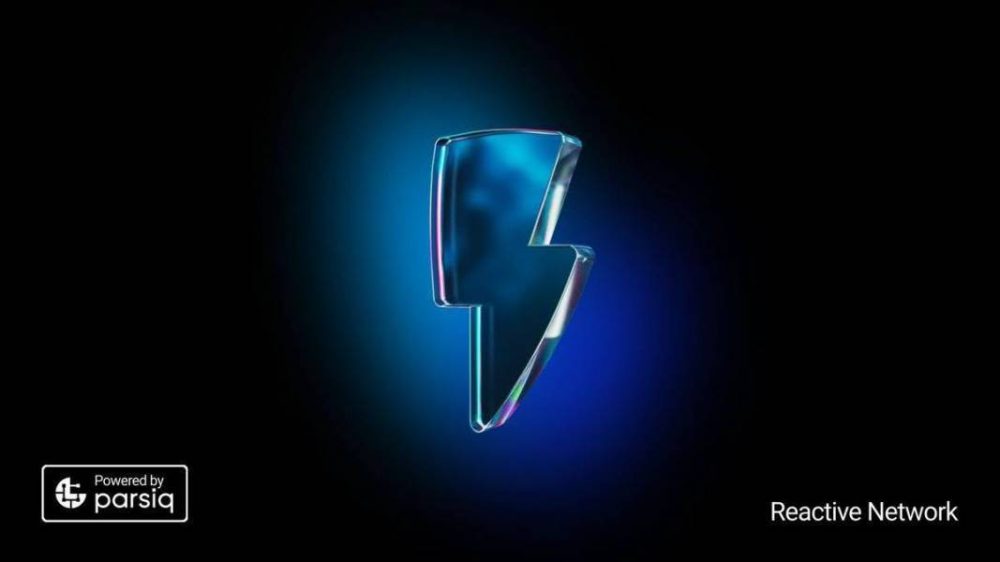In recent years Decentralised Finance (DeFi) exchanges saw rapid growth and adoption, offering users alternatives to traditional banking systems. DeFi has revolutionised the financial landscape by providing open, permissionless access to financial services. However, this growth comes with significant challenges that hinder scalability, security and regulatory compliance.
Amid these challenges, PARSIQ has emerged as a game-changer with its Reactive Network, designed to streamline operations, enhance security and ensure regulatory compliance for DeFi platforms. After successfully launching the testnet earlier this year, PARSIQ is preparing for the mainnet release in the coming months, promising a transformative impact on the DeFi ecosystem.

Challenges facing DeFi exchanges
Security remains the foremost concern for DeFi exchanges. Smart contract vulnerabilities, coding errors and logic flaws have led to high-profile hacks, resulting in billions of dollars in losses. In 2023 alone, DeFi protocols suffered losses of $1.95 billion due to smart contract exploits and flash loan attacks.
Moreover, most DeFi platforms lack adequate insurance for user funds, leaving users exposed to financial ruin in the event of a hack. This lack of safety nets erodes trust and deters mainstream adoption. Notable incidents, such as the attack on the Euler Finance protocol, demonstrate the urgent need for robust security measures.
The decentralised nature of DeFi complicates compliance with global regulatory frameworks. Unlike traditional finance, DeFi operates across borders without centralised oversight, making it challenging for platforms to adhere to Know Your Customer (KYC) and Anti-Money Laundering (AML) requirements.
This regulatory ambiguity creates operational challenges and exposes DeFi platforms to legal risks. Jurisdictions such as the European Union, the United States and Singapore have introduced varying degrees of regulation. However, a lack of global standardisation hampers industry-wide compliance.
Scalability is another challenge faced by DeFi exchanges as user demand continues to rise. High network congestion leads to slower transaction speeds, increased latency and exorbitant gas fees. Ethereum, the backbone of many DeFi projects, has faced criticism for its inability to handle peak demand efficiently. Scalability limitations hinder seamless user experiences and prevent DeFi from reaching its full potential.
As more users flock to decentralised platforms, the need for scalable infrastructure becomes critical. Despite technological advancements, many DeFi platforms offer complex user interfaces that deter non-technical users. And the lack of interoperability between blockchains limits users’ ability to access diverse ecosystems from a single interface.
This fragmentation prevents DeFi from achieving mass adoption and limits its appeal to retail investors and institutional participants alike. Therefore, enhancing user experience and facilitating cross-chain compatibility is essential for DeFi’s continued growth.
In addition, DeFi is inherently volatile, with liquidity pools subject to price fluctuations. This poses significant risks to liquidity providers, reducing the attractiveness of DeFi as a stable investment option. Without effective risk management strategies, users risk incurring substantial losses, particularly during market downturns.
Introducing Reactive Network
PARSIQ’s Reactive Network leverages Reactive Smart Contracts (RSCs) to provide real-time monitoring and automated alerts for suspicious activities. These contracts are designed to execute based on specific on-chain events autonomously, reducing the risk of human error and enhancing security. The network’s advanced auditing tools continuously scan smart contracts for vulnerabilities, enabling rapid incident response and minimising the impact of potential exploits.
To address regulatory challenges, PARSIQ integrates tools that enable DeFi platforms to comply with KYC and AML requirements without compromising decentralisation. These solutions streamline identity verification, ensuring that platforms can meet regulatory standards while maintaining user privacy.
Scalability is enhanced considerably by Reactive Network’s parallelised Ethereum Virtual Machine (EVM) architecture. This design allows multiple transactions to be processed simultaneously, significantly reducing network congestion and gas fees. By improving transaction throughput, PARSIQ ensures that DeFi platforms can handle increased user demand without compromising performance.
One of the Reactive Network’s standout features is its ability to facilitate cross-chain communication. Thus enabling DeFi platforms to operate seamlessly across multiple blockchains. This interoperability fosters ecosystem collaboration and simplifies user interactions, making it easier for users to access various DeFi services from a single platform.
PARSIQ also provides developers with tools to implement dynamic risk management strategies, helping to stabilise returns and mitigate losses in volatile markets. By optimising liquidity and automating risk mitigation processes, the Reactive Network enhances the stability and attractiveness of DeFi platforms.
The future with Reactive Network mainnet
The upcoming launch of PARSIQ’s mainnet marks a significant milestone in the evolution of DeFi infrastructure. With expanded capabilities in security, scalability and interoperability, the mainnet will position PARSIQ as a leader in decentralised innovation.
DeFi enthusiasts, developers and investors are invited to explore the Reactive Network testnet and prepare for the highly anticipated mainnet launch. By engaging with PARSIQ’s community and leveraging its cutting-edge technology, users can be at the forefront of the next wave of decentralised innovation.
HedgeThink.com is the fund industry’s leading news, research and analysis source for individual and institutional accredited investors and professionals

































